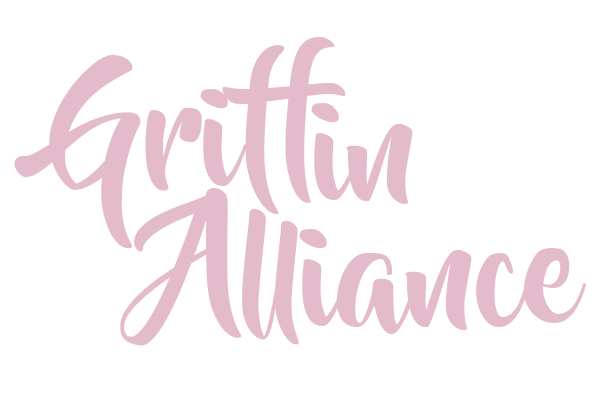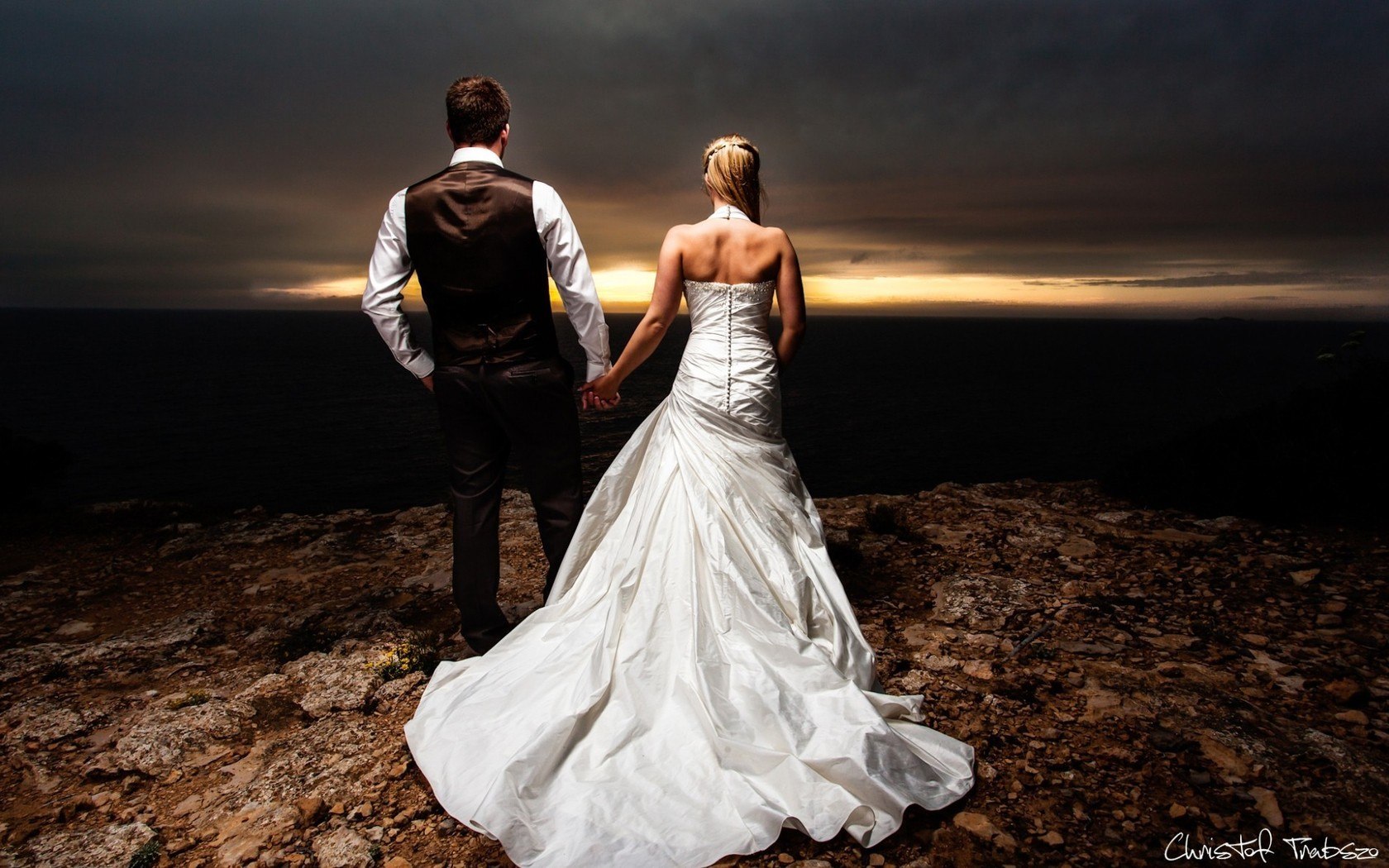As a wedding DJ, I never tire of watching couples as they unite for their first dance. This tradition has existed since time immemorial.
As I watch, I often think; what is a wedding? I mean underneath the lace and bubbles, the music & fairly lights?
The wedding is a custom that has been passed down from generation to generation, and has endured both because of its value as an institution in society, but also, and importantly, because we instinctively defend what we grow up with.
When we are young, we have experiences, and as we age, we often seek to emulate the success of the elders that we respect. The very fabric of our society relies on this fact, but as well as staying stable, society years to evolve as some members experiment with new practices that push the boundaries of the status quo.
Every couple has the choice. Do we want to maintain the status quo, or should we create a modern wedding? If we push for a non-traditional wedding, how will our family and friends react? Should we get married at all?
As a wedding DJ, I work with couples grappling with these questions every day, and based on my conversations with thousands of brides/grooms, as well as my work as a behavioural scientist, here are 7 questions that I encourage every person to ask themselves once between the time they get engaged and the time they say I Do.
7 Questions for a thoughtful bride and groom
- When did the idea of a wedding first crop up in history?
- What suite of problems & opportunities was a wedding originally invented to address?
- Which of these issues are still relevant today and which are not?
- How has the institution of marriage evolved?
- How does a wedding strengthen the fabric of society?
- How could I adjust my wedding so that it helps my community thrive?
- What can I do to push the status quo, so my community can evolve?
The wedding is one of the oldest social institutions that survives to the present day, and its expression through time and across cultures varies greatly. Yet there are some elements of the wedding that have survived, unchanged, through time.
By understanding the history of such an ancient rite of passage, we can make informed decisions about whether a classic or modern wedding is our best choice, and we can figure to how to create a non-traditional celebration that is expressive of our hearts keenest hope while still making it a service to our community.
I think a lot of people get so obsessed with the wedding and the expense of the wedding that they miss out on what the real purpose is. It’s not about a production number, it’s about a meaningful moment between two people that’s witnessed by people that they actually really know and care about.
Jane Seymour

